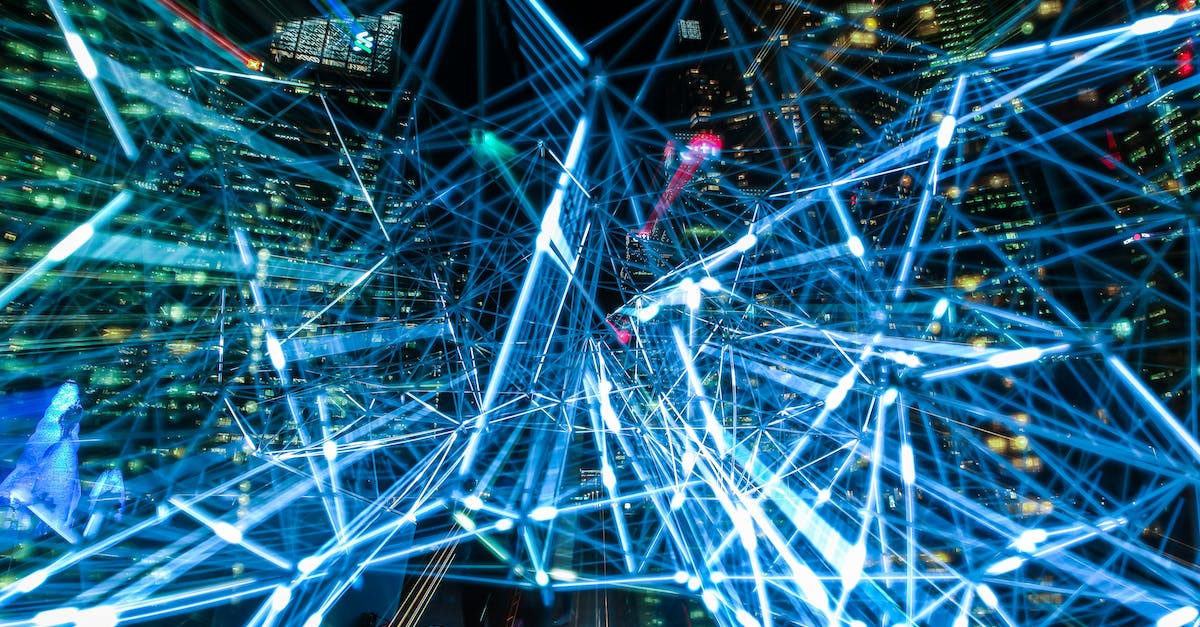
Written by: Alex Chen · Expert in Technology, Personal Finance, Travel
Published: February 7, 2024
We strive to provide well-researched, factual content. If you notice any errors, please contact us.

Artificial Intelligence (AI) has become a prominent topic of discussion in various industries, and the field of dentistry is no exception. As technology continues to advance, there are concerns about whether AI will eventually replace dental hygienists in Ontario and other regions. This article explores the potential impact of AI on dental hygiene practices, the benefits and limitations of AI integration, and the role of dental hygienists in the future.
AI technology has made significant advancements in recent years, with the potential to revolutionize the healthcare industry. In dentistry, AI has shown promise in various applications, such as radiographic analysis, diagnosis, and treatment planning. AI-powered systems can quickly analyze dental images, detect abnormalities, and provide valuable insights to dental professionals. This efficiency can potentially enhance the accuracy of diagnoses and improve treatment outcomes.
However, while AI can assist dental professionals, it is unlikely to completely replace dental hygienists. Dental hygiene involves more than just data analysis and treatment planning. The human touch is a crucial aspect of dental care, including building rapport with patients, educating them about oral health, and providing personalized care. AI technology can support dental hygienists but cannot replace their expertise and human connection.
Integrating AI technology in dental hygiene practices offers several benefits. AI-powered systems can analyze large volumes of patient data and identify patterns that may not be apparent to the human eye. This can help dental hygienists identify risk factors and track patients' oral health progress effectively. With AI assistance, dental hygienists can make more informed decisions, leading to improved patient care and outcomes.
However, AI technology also has its limitations. AI systems rely on accurate and comprehensive data to generate reliable insights. If the data used to train the AI models is biased or incomplete, it can lead to inaccurate predictions or diagnoses. Additionally, AI lacks the ability to incorporate the nuances of patient history, preferences, and emotions in the decision-making process. Dental hygienists, on the other hand, have the expertise to assess these factors and provide personalized care accordingly.
With the advancements in AI technology, the role of dental hygienists in Ontario and beyond may evolve. Rather than being replaced, dental hygienists are likely to work alongside AI systems to provide better care to patients. The integration of AI can streamline various administrative tasks, allowing dental hygienists to focus more on patient care and education.
Dental hygienists have specialized knowledge and skills that cannot be replicated by AI. They play a crucial role in preventing dental diseases, promoting good oral hygiene practices, and educating patients about the importance of oral health. Their expertise in identifying oral health problems, providing preventive care, and administering treatments is invaluable. AI technology can assist dental hygienists in performing their duties more efficiently, but it cannot replace the human element in dental care.
While AI technology continues to advance in the field of dentistry, it is unlikely to replace dental hygienists in Ontario. The integration of AI can enhance the efficiency and accuracy of dental care, but it cannot replicate the expertise, empathy, and personalized touch that dental hygienists provide. Dental hygienists will continue to play a crucial role in patient care, education, and preventive measures. As technology evolves, it is essential to find a balance between AI integration and the human aspect of dental hygiene to deliver the highest quality of care to patients.

Written by: Alex Chen · Expert in Technology, Personal Finance, Travel
Published: February 7, 2024
We strive to provide well-researched, factual content. If you notice any errors, please contact us.